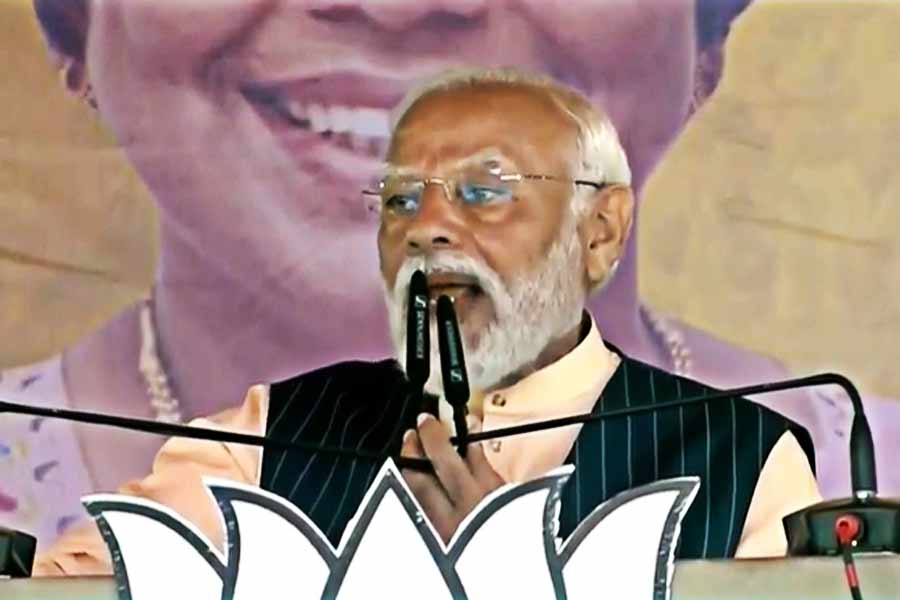Society and polity are often perceived to be complementary entities. It stands to reason then that changes in one sphere would be reflected in another. But there may be exceptions to such an inference. Consider the case of the family in the Indian context. In spite of its structural transformations, it still retains its prominence as a unit fundamental to social life. It is, consequently, a venerated institution. But the political discourse on the family has been transformed considerably with Narendra Modi’s ascendancy to power. The prime minister has been successful in turning family-centric political parties — the Congress and several regional entities fit the bill — into symbols of nepotism, corruption and cartelisation of power. Mr Modi has also reaped political dividends from Opposition leaders making jibes at his ostensible lack of family ties. This is because his claims of being a man dedicated to the greater good on account of his apparent freedom from narrow, familial commitments have resonated in particular with India’s young electorate, many of whom may harbour radical — negative — opinions on parivar and parivarvaad. The trick has worked often, but a benevolent Opposition seems only too keen to play by Mr Modi’s book. Thus, Lalu Prasad’s recent taunt, imputing that Mr Modi has no family, was seized upon by the prime minister and transformed into an electoral slogan that is meant to bolster public perception of Mr Modi as a leader of integrity who has the nation as his family.
Mr Modi’s lofty rhetoric — optics — is undoubtedly a political ploy. It helps deflect public attention from charges of policy failures, of which there have been many under Mr Modi’s reign. Significantly, it also foregrounds the prime minister at the centre of the electoral canvas, turning the contest into a referendum on personality. It is a fact that in the last decade, India’s Opposition has not come up with a leader who can match Mr Modi’s curated stature. There is another irony that must not go unnoticed: this concerns Mr Modi’s dexterous use of victimhood for political gain. The need for strongmen to occasionally dip into the proverbial pool of vulnerability — a phenomenon not limited to Indian politics — has been explained by the pundits as a form of political acumen. That, too, must be a sign of the times.











